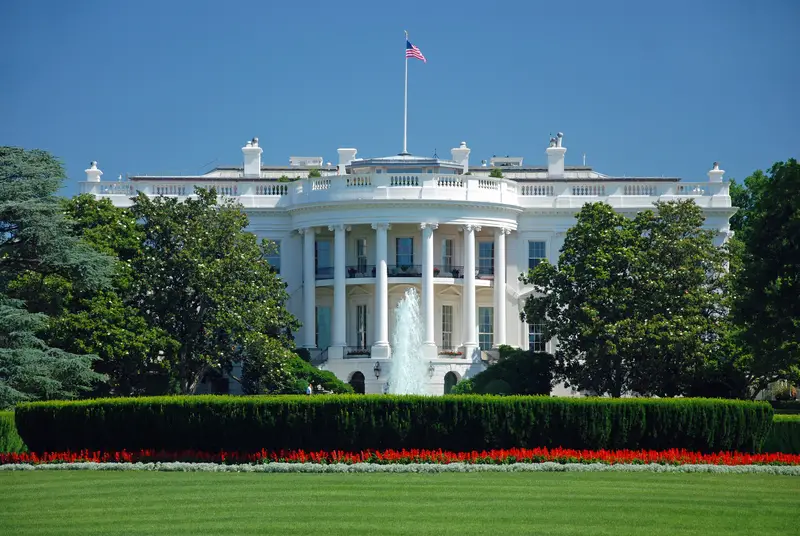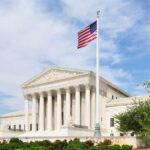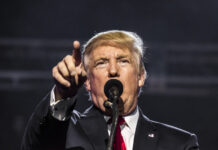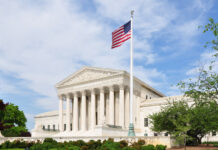The White House launched a harsh critique of federal judges following a recent court decision that invalidated President Donald Trump’s reciprocal tariffs. Administration officials accused the judiciary of overstepping its bounds and claimed there was a coordinated effort to undermine executive authority.
On May 28, 2025, Wednesday, the U.S. International Court of Trade, in a unanimous decision made by a bipartisan panel, ruled that Trump had exceeded his presidential authority by enforcing reciprocal tariffs. The court determined that his rationale for imposing the tariffs under the International Emergency Economic Powers Act was insufficient.
The judges concluded that the Worldwide and Retaliatory Tariff Orders surpassed the powers granted to the president under IEEPA, leading them to recommend that the tariffs be revoked.
Kush Desai, a spokesperson for the White House, responded strongly to the ruling, telling reporters that trade deficits have caused a national crisis devastating American communities. Desai argued that “unelected judges” should not have the power to decide how to handle such emergencies.
Senior adviser Stephen Miller amplified the administration’s criticism, calling the judiciary’s actions a “judicial coup” in a social media post. His comments are part of an ongoing series of attacks from the administration against the courts, which have consistently paused or blocked policies introduced by the White House, such as measures targeting immigration and certain law firms.
The administration’s growing anger stems from what it sees as an unprecedented level of judicial pushback. White House Press Secretary Karoline Leavitt shared with reporters on March 14, 2025, that the administration faced 15 court injunctions in February alone, surpassing the 14 injunctions issued during the entirety of the Biden administration.
Leavitt described the judiciary’s actions as unconstitutional, asserting that lower-level district court judges lack the authority to issue injunctions that override presidential decisions. She reiterated that the president, as head of the executive branch, holds the authority to hire and dismiss personnel, and criticized judges for attempting to block the president’s agenda.
The press secretary highlighted recent rulings against Trump, such as U.S. District Judge Beryl Howell’s limitations on the president’s authority over security clearances and Judge William Alsup’s directive to reinstate dismissed probationary federal employees. These decisions are part of nearly 50 adverse rulings against Trump’s policies within his first seven weeks in office, including at least 15 injunctions.
Leavitt signaled the administration’s intent to aggressively challenge these rulings, leveraging appeals and the resources of the White House Counsel’s Office alongside government lawyers who believe the injunctions lack constitutional merit. She drew a comparison to Trump’s legal battles during his campaign, noting how he faced nearly 200 indictments yet still ascended to the presidency, arguing that those legal obstacles were both unconstitutional and unjust.
In a surprising turn of events on Thursday, May 29, a federal appeals court temporarily authorized Trump to continue imposing tariffs under emergency powers while his administration challenges the earlier ruling that invalidated this key economic policy. The court instructed both sides to submit legal briefs on the matter, with deadlines of June 5 for the plaintiffs and June 9 for the government.
The administration’s attacks on the judiciary have prompted criticism from legal experts and Supreme Court justices alike. Chief Justice John Roberts issued a rare rebuff of Trump’s rhetoric, while Justice Ketanji Brown Jackson warned that these verbal assaults aim to intimidate judges, undermining the democratic system and threatening the Constitution and the rule of law.
Trump has previously described judges as corrupt, extreme, and monstrous, singling out figures like U.S. District Judge James Boasberg, who halted the deportation of Venezuelan migrants through a court order. Such inflammatory remarks have raised concerns about safety within the judicial system.
A Reuters investigation revealed that at least 11 federal judges who ruled against Trump were subjected to threats and harassment targeting their families. Heightened concerns over judicial security have emerged as political rhetoric grows increasingly confrontational toward the courts.
While Congressional Republicans refrain from holding Trump accountable, the judiciary has become one of the few remaining checks on his executive power, drawing his ire in the process. The administration views this judicial opposition as the product of partisan efforts aimed at undermining the authority of the presidency.











